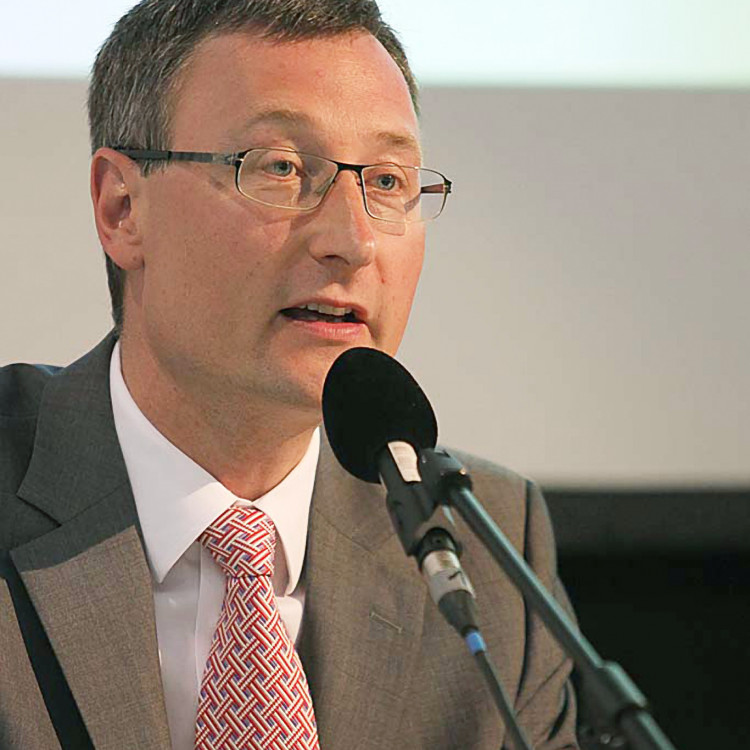He personally would never have contested the fact, though. It is just us, the watchers, who nurtured the idea that death would perhaps simply be far too afraid to take him on. Nelson Rolihlahla Mandela has eventually died last night at the age of 95. Amidst a well-meaning storm of obituaries I am left to wonder why I do grieve for a person I never actually met (though I came close at one occasion) and who spent his life on the other side of the planet.
The reason is, of course, personal experience. I arrived at Leicester in the English Midlands, where I had signed up for a law degree, in autumn 1994, just a few months after the first general election in South Africa. South Africa had never featured very highly on my agenda by then. Cold War had been the major topic for political activities at school and the democratisation of Eastern Europe replaced that in my first years at university. Although some rather exotic lefties always seemed to know who Mandela was and how South Africa worked, I somehow never got deeper into it.
The university placed me in a converted house accommodation, which means you can pretend to lead an ordinary life inside a terraced redbrick, while still retaining a student life. Alongside with me, about twenty others arrived at Knighton Drive during the next days. Amongst them were to be some of the best friends I should ever have. Those arrivals included (and they forgive me spilling out their names here, please) Lesedi, Reinett and Juanita. Later in the year we were joined by Gerd. What those had in common was the place they came from: South Africa. I admit Lesedi strictly speaking is originally from Zimbabwe with a Zambian mother (as he would surely point out), but really, from a German viewpoint that did not matter much. What they had not in common was the colour of their skin. It felt awkward to spell this fact out as casually as they did. But not long ago, they would never have met socially, let alone studied at the same institution. For me, that meant the first direct confrontation – albeit second hand – with the system called apartheid.
I was to receive a number of lessons on what in Britain would be called race relations over the next months, as well as a huge amount of political information on South Africa. Those students represented more or less the variety of the country from Boer to Xhosa backgrounds, with Juanita within days proving involuntarily to me the perversion apartheid could mean. While whites called themselves “Afrikaaners” or “English”, blacks (mostly) “blacks”, the racist approach of the system failed to categorise her other than “coloured”, a helpless and ridiculous word, because some ancestors had originated from the Philippines. “Coloured” in apartheid also covered Indians, as well as everybody else who failed to fit into a black/white scheme. I had quite a shock when she told me that she did her first degree at a university “for people like me” (i.e., “coloured”) – her very words which I will never forget – because I came to realise for the first time in life the reality of apartheid politics. It always has a different feel if such labels are applied to people you actually know and like.
Now, that society was suddenly a thing of the past. For all the variety those young South Africans represented in terms of political opinion, they had a common denominator. His name was Nelson Mandela. I was taught the name “Madiba” which he used to go by for most South Africans, for the first time by a “white” South African (that was Reinett), and I learned about the moral sway he held over South Africans of all backgrounds quite a lot.
Afterwards, I have always measured current affairs in South Africa against the benchmark of what either of my South African friends from those days would opine. And I always found that their notional opinions seemed to match what Madiba was doing over the following years. So many people had waited for South Africa to erupt into a racial battleground and brutal bloodshed. To have achieved the opposite is the remarkable, outstanding and lasting achievement of those South Africans I met in Leicester (who mostly returned to live there at least for part of their careers) and the many likes they have in their generation. All this is proof that there is actually a force of good in the world; and Madiba became the embodiment of this fact to me.
I think this might explain why I am experiencing a distinct sense of loss. It is sad. But what more could a man aspire to, than what Madiba, born at the end of World War I (!), has achieved over his lifetime?
